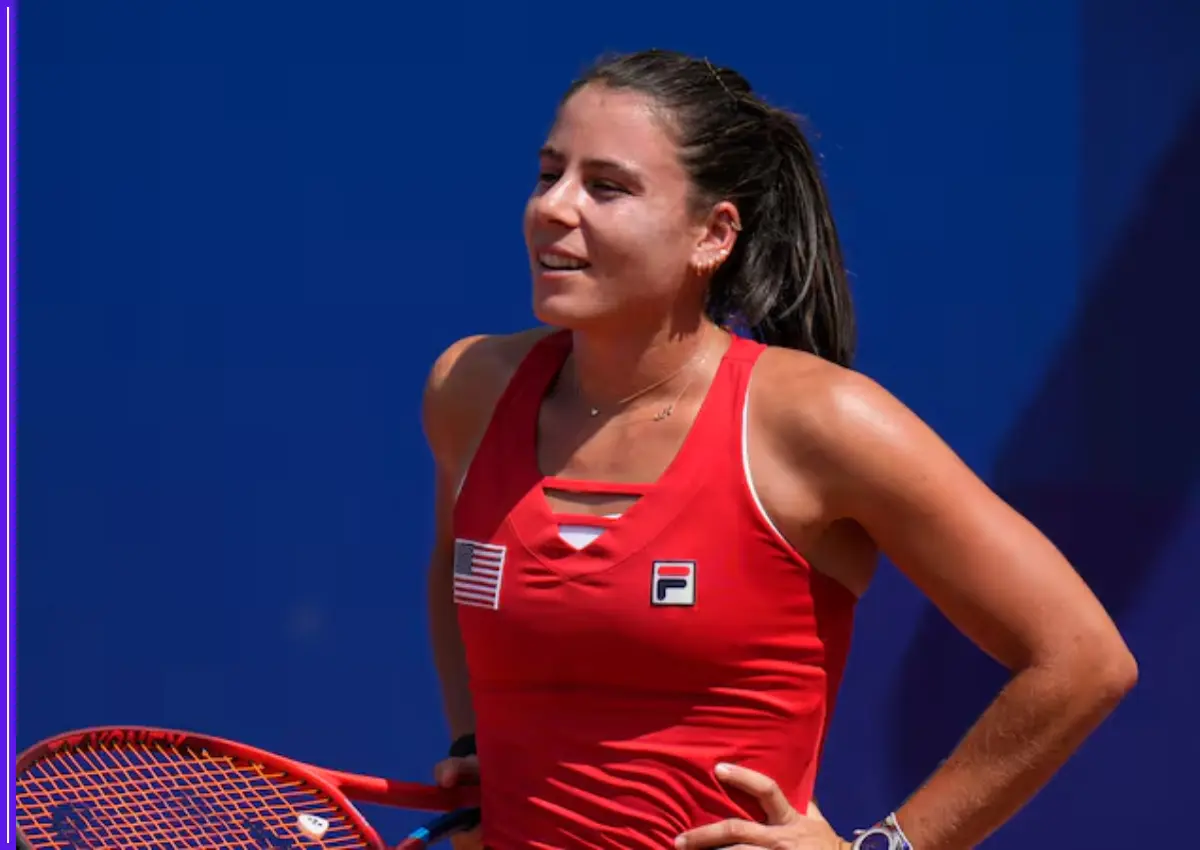The “Mukhyamantri Majhi Ladki Bahin Scheme” would provide a monthly allowance of Rs 1,500 to qualified women between the ages of 21 and 60.
Deputy Chief Minister and state finance minister Ajit Pawar unveiled the state budget on Friday, announcing several initiatives, including the Mukhyamantri Majhi Ladki Bahin Scheme, a financial aid program for women in the state, ahead of the Maharashtra Assembly election that is planned later this year.
Eligible women between the ages of 21 and 60 would get a monthly payment of Rs 1,500 under this initiative. According to Pawar, this initiative would receive an annual allocation of Rs 46,000 crore in July. With this, Maharashtra became one of the Indian states with a comparable financial aid program for women.
The states that have comparable welfare programs are listed below:
Kalaignar Magalir Urimai Thittam : Tamil Nadu
Under the direction of Chief Minister M K Stalin, the program was launched in September 2023 and provides women aged 21 and above with a monthly payment of Rs 1,000 per family. To qualify, the household must have an annual income of less than Rs 2.5 lakh, possess less than 5 acres of irrigated or 10 acres of non-irrigated land and use less than 3,600 units of energy annually.
The Jagananna Ammavodi Scheme: Andhra Pradesh
This program, which was started by the YSRCP’s previous governing administration under the direction of former Chief Minister YS Jagan Mohan Reddy, gives needy and impoverished women who come from BPL households Rs 15,000 annually. In its election campaign, the current TDP government—which swept to power in the Assembly—promised to pay Rs 1,500 a month to any qualified woman between the ages of 19 and 59.
Lakshmi Gruha: Karnataka
In its election manifesto, the Siddaramaiah-led Congress administration in Karnataka offered qualified women Rs 2,000 each month. The women must be the heads of Mukhyamantri Ladli Bahna Yojana in Madhya Pradesh
The program, which was introduced while Shivraj Singh Chouhan was Chief Minister and is currently a Union Minister, gives women between the ages of 23 and 60 a monthly stipend of Rs 1,000 in exchange for meeting certain requirements, such not paying income taxes and having a household yearly income of less than Rs 2.5 lakh.
Their families in documentation and must be from Antyodaya, BPL, or APL households.
Mukhyamantri Ladli Bahna Yojana :Madhya Pradesh
The program, which was introduced while Shivraj Singh Chouhan was Chief Minister and is currently a Union Minister, gives women between the ages of 23 and 60 a monthly stipend of Rs 1,000 in exchange for meeting certain requirements, such not paying income taxes and having a household yearly income of less than Rs 2.5 lakh. The TMC administration raised the monthly aid under the plan to Rs 1,000 for general category women and Rs 1,200 for SC/ST women in their budget, ahead of the Lok Sabha elections.
Orunodoi Scheme : Assam
The 2020–21 Budget established Orunodoi, which provides underprivileged families in Assam with a monthly aid of Rs 830. Applicants must be permanent residents of Assam and have a composite family income of less than Rs 2 lakh annually in order to be eligible. Families with individuals who are specifically able to prioritize, as well as women who are divorced, widowed, separated, or single.
Indira Gandhi Sukh Samman Nidhi Yojana Pyari Behna: Himachal Pradesh
Women between the ages of 18 and 60 were offered Rs 1,500 each month under this initiative by the Congress administration. Five lakh women are likely to benefit from the program, which is projected to cost the government more than Rs 800 crore.
The Mahalakshmi scheme : Telangana
Prior to the state elections, the Congress administration offered qualified women cash aid of Rs 2,500 as part of this program.
In addition to these states, the Mukhyamantri Mahila Samman Yojana was introduced by the Aam Aadmi Party (AAP) administration in Delhi in March as part of their Budget for 2024–25. Every woman who is 18 years of age or older would get a monthly honorarium of Rs 1,000 under the plan; taxpayers, those who receive government pensions, and government workers are not eligible.





